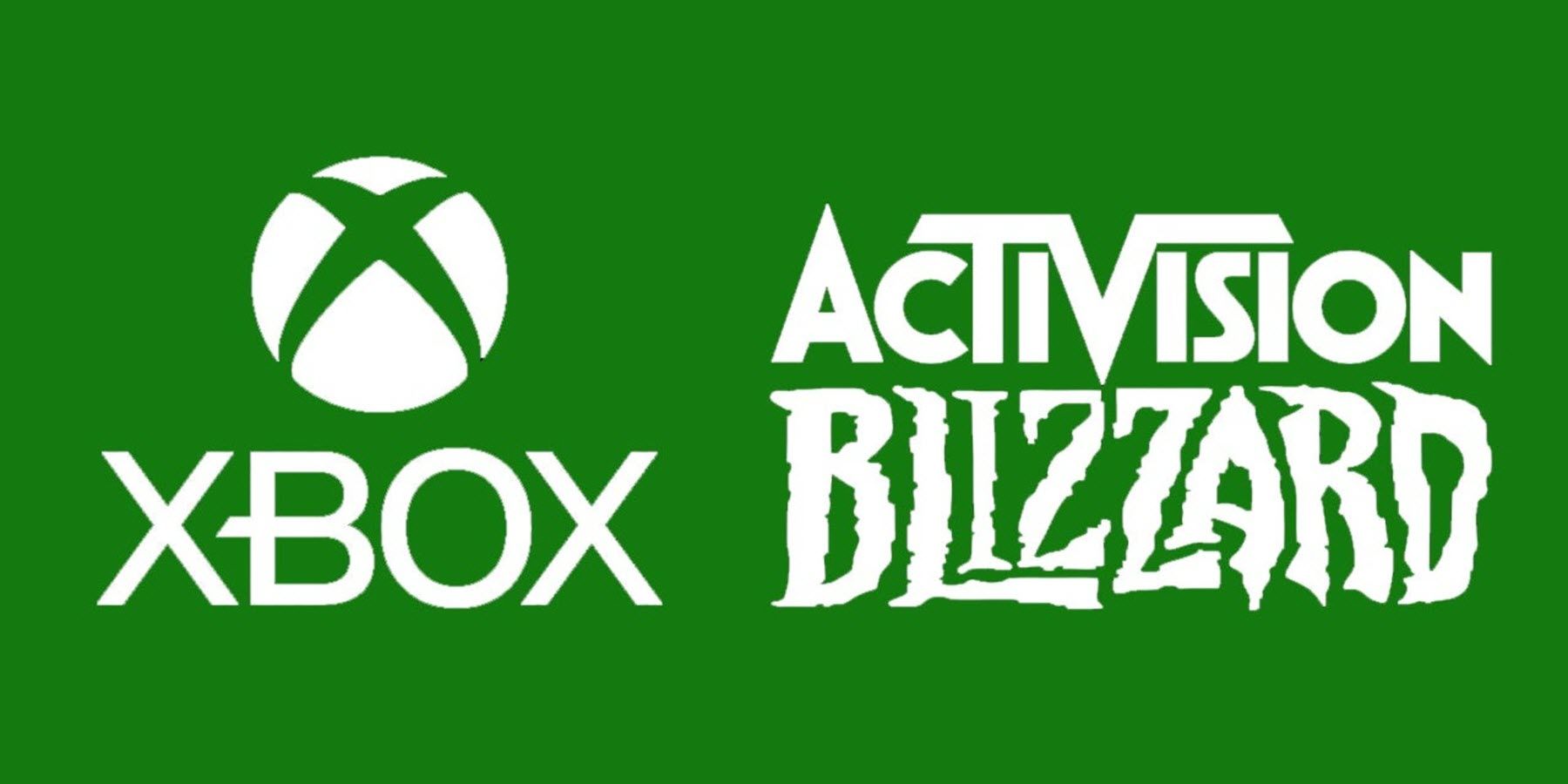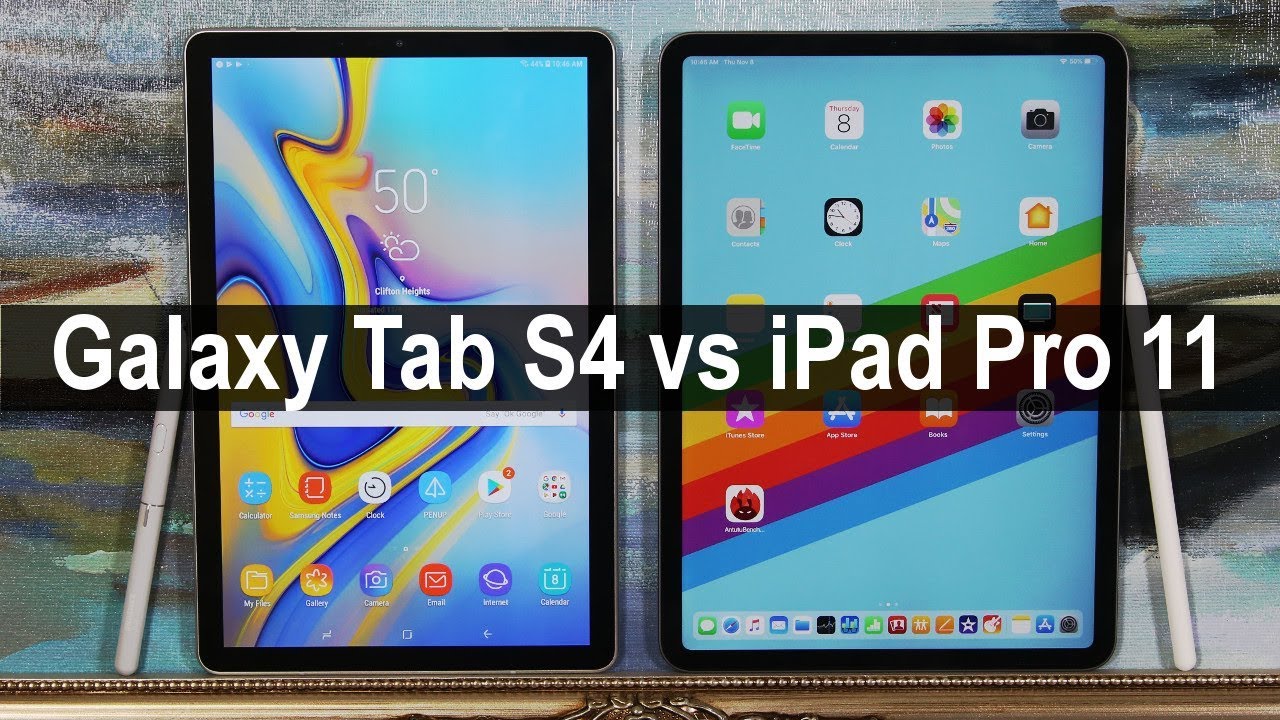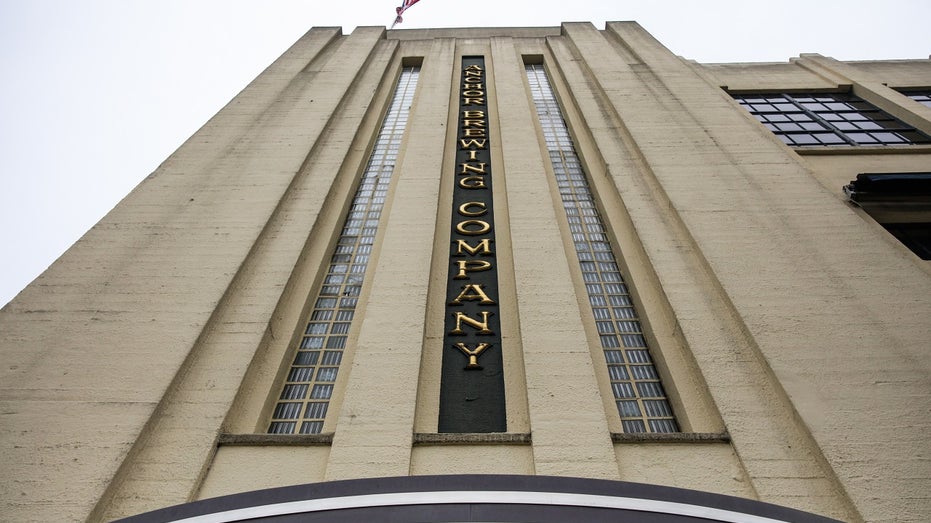Activision Blizzard Acquisition: FTC Challenges Judge's Decision

Table of Contents
The Judge's Ruling and the FTC's Disagreement
In July 2023, a federal judge dismissed the FTC's lawsuit seeking to block the Microsoft-Activision Blizzard acquisition. The judge ruled that the FTC had failed to demonstrate that the merger would likely substantially lessen competition in the video game market. This decision, however, did not sit well with the FTC.
The FTC strongly disagrees with this ruling, arguing that the judge underestimated the potential harm to competition caused by the merger. They believe the acquisition would give Microsoft an unfair competitive advantage, particularly concerning the hugely popular Call of Duty franchise.
- Key points of contention: The core disagreement centers on the potential for Microsoft to make Call of Duty exclusive to its Xbox ecosystem, thereby harming competition and limiting consumer choice.
- FTC arguments: The FTC presented evidence suggesting Microsoft's history of acquiring studios and making games exclusive. They argued that this pattern would likely continue with Activision Blizzard's properties.
- Concerns about the gaming market: The FTC expressed concerns about reduced competition in cloud gaming and subscription services, asserting that the merger would stifle innovation and negatively impact consumers.
- Impact on Activision Blizzard titles: The FTC’s arguments highlight the potential for reduced availability and higher prices for Activision Blizzard titles across platforms if the acquisition is allowed to proceed.
The FTC's Appeal and its Strategic Implications
The FTC's appeal is based on several grounds, primarily focusing on the judge's misinterpretation of crucial evidence and arguments concerning the competitive landscape of the gaming industry. They argue that the judge did not properly weigh the potential anti-competitive effects of the merger, particularly the impact on cloud gaming.
- Legal strategies: The FTC might employ various legal strategies, including presenting new evidence demonstrating the anti-competitive nature of the acquisition, citing legal precedents supporting their case, and refuting Microsoft's counter-arguments.
- Expert witnesses and evidence: Expect the FTC to leverage expert testimony from economists and industry analysts to bolster their claims about market concentration and the potential for anti-competitive behavior.
- Likelihood of success: The success of the FTC's appeal remains uncertain. The appeals court will thoroughly review the evidence and legal arguments, potentially overturning the initial ruling.
- Impact on the timeline: The appeal significantly delays the completion of the Microsoft-Activision Blizzard acquisition, prolonging uncertainty for both companies and the gaming industry.
The Broader Implications for the Gaming Industry and Antitrust Law
This case has far-reaching implications that extend beyond the immediate parties involved. The outcome will set a precedent for future mergers and acquisitions in the gaming industry, and more broadly, for antitrust enforcement in the tech sector.
- Changes in regulatory scrutiny: The FTC's vigorous pursuit of this case indicates a heightened level of regulatory scrutiny for large tech mergers, potentially leading to stricter enforcement of antitrust laws in the future.
- Future of antitrust enforcement: The success or failure of the FTC's appeal will shape the future of antitrust enforcement in the gaming sector, impacting how future acquisitions are evaluated and regulated.
- Impact on consumer choice: The central issue revolves around protecting consumer choice. The debate underscores the importance of preventing monopolies that could limit game availability or inflate prices.
- The role of cloud gaming: Cloud gaming’s increasing importance is a key factor; the FTC's concerns about Microsoft's potential to dominate this emerging market form a significant part of their appeal.
The Role of Call of Duty in the Dispute
Call of Duty’s immense popularity and market dominance are central to the FTC's arguments. The FTC fears that Microsoft could make Call of Duty exclusive to Xbox, severely impacting competitors like PlayStation and harming consumer choice.
- Exclusivity concerns: The FTC emphasizes the potential for Microsoft to leverage Call of Duty's popularity to gain a decisive advantage in the gaming console market, potentially locking out rival platforms.
- Microsoft's counter-arguments: Microsoft has consistently pledged to keep Call of Duty available on PlayStation, emphasizing long-term contracts and agreements to ensure continued access for gamers on multiple platforms.
- Impact on competition: The FTC argues that even if Call of Duty remains available on PlayStation, Microsoft's ownership could still harm competition by influencing terms and potentially limiting features or content on rival platforms.
Conclusion
The FTC's challenge to the judge's decision regarding the Activision Blizzard acquisition is a pivotal moment in the ongoing debate about antitrust regulation in the gaming industry. The outcome of this appeal will significantly impact Microsoft's future and set a precedent for future major gaming acquisitions. The intense focus on Call of Duty highlights the importance of maintaining fair competition and safeguarding consumer choice in the dynamic world of digital entertainment.
Call to Action: Stay informed about the latest developments in this crucial case by following our coverage of the Activision Blizzard acquisition and its legal battles. Learn more about the implications of this landmark decision and its effects on the future of the gaming landscape. We'll keep you updated on any further developments in the Activision Blizzard acquisition saga.

Featured Posts
-
 Samsung Tablet Vs I Pad 101 Price War Heats Up
May 31, 2025
Samsung Tablet Vs I Pad 101 Price War Heats Up
May 31, 2025 -
 La Mejor Receta De Lasana De Calabacin Segun Pablo Ojeda Mas Vale Tarde
May 31, 2025
La Mejor Receta De Lasana De Calabacin Segun Pablo Ojeda Mas Vale Tarde
May 31, 2025 -
 Sanofi Acquisition De L Anticorps De Dren Bio
May 31, 2025
Sanofi Acquisition De L Anticorps De Dren Bio
May 31, 2025 -
 Giro D Italia 2025 Vatican City To Host Grand Finale In Papal Tribute
May 31, 2025
Giro D Italia 2025 Vatican City To Host Grand Finale In Papal Tribute
May 31, 2025 -
 127 Years Of Brewing Anchor Brewing Company Shuts Its Doors
May 31, 2025
127 Years Of Brewing Anchor Brewing Company Shuts Its Doors
May 31, 2025
